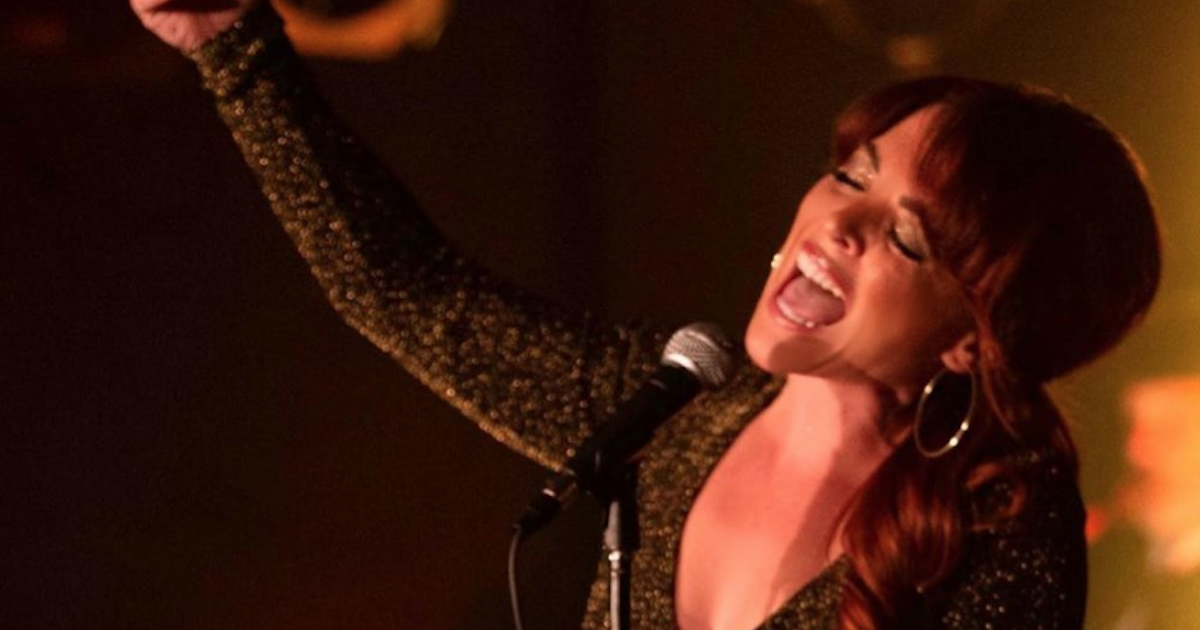Detroit recording artist Raye Williams, who received the most amazing news of her life — she was one of five artists to win a Tidal Unplugged grant for emerging musicians — on the same day she learned she had stage 2 cervical cancer, is now helping to spread awareness of the disease.
The singer tells local Detroit Fox2 that the diagnosis came just as she was celebrating the incredible opportunity with Jay-Z’s subscription-based service. Now in remission, she underwent radiation treatment and surgery all while going to photo shoots and hitting the recording studio.
Read MoreUsing Her Spotlight to Help Spread Awareness
“My experience really shouldn’t be in vain,” the country-inspired blues singer explained to the station. “So while I have eyes on me and this visibility, I just wanted to be as transparent as possible and hopefully motivate a few women to make that call and set up that appointment.”
Recipients of the high-profile grant, launched in February 2019, receive “professional one-on-one training and access to personalized resources to hone their craft to most effectively grow their careers studio time, training lessons, equipment, marketing, tour expenses, and more,” according to a press release.
Williams, along with the other four winners, are also featured a new docu-series, “TIDAL Unplugged,” available on Tidal’s website.
“I’ve been working really, really hard,” Williams says in the series. “Everybody’s kind of looking for how do we get to that next step, and for me that next step is kind of acquiring a team around me.”
Cervical Cancer Awareness
Increased screening for the disease means the death rate has dropped significantly, though cervical cancer is still one of the most common causes of cancer deaths among women. The American Cancer Society estimates that about 13,800 women are diagnosed with cervical cancer in the U.S. every year.
Most cervical cancers develop from the human pappilomavirus (HPV), a sexually transmitted infection that is extremely common in the U.S. Fortunately, cervical cancer is highly preventable due to screening and the HPV vaccine.
Dr. Jessica Geiger on why the HPV vaccine is recommended for children
The HPV vaccine, although it’s been proven to protect people from various strains of HPV that will put them at risk for various cancers, is still a bit controversial. One of the reasons for the controversy is due to the fact that the vaccine is recommended for children before they become sexually active.
RELATED: Clearing Up Some of the Myths About the HPV Vaccine
“We recommend strongly that children are vaccinated against HPV to prevent cervical cancer, but also to prevent head and neck cancer,” Dr. Jessica Geiger, a medical oncologist at Cleveland Clinic Cancer Center, told SurvivorNet in a previous interview.
“HPV is spread through sexual contact. The key with the vaccine is that you receive the vaccine before you ever reach sexual debut or have sexual encounters. That’s why these vaccines are approved for young children, ages 9, 10, 11 years old.”
Despite the controversy, the HPV vaccine plays an important role in the fight against cervical cancer. A study released by the Centers for Disease Control and Prevention last year showed that since the the vaccine became available — under the name Gardasil in 2006 — numbers are now beginning to show a reduction in HPV-linked cancerous cervical lesions.
Learn more about SurvivorNet's rigorous medical review process.


